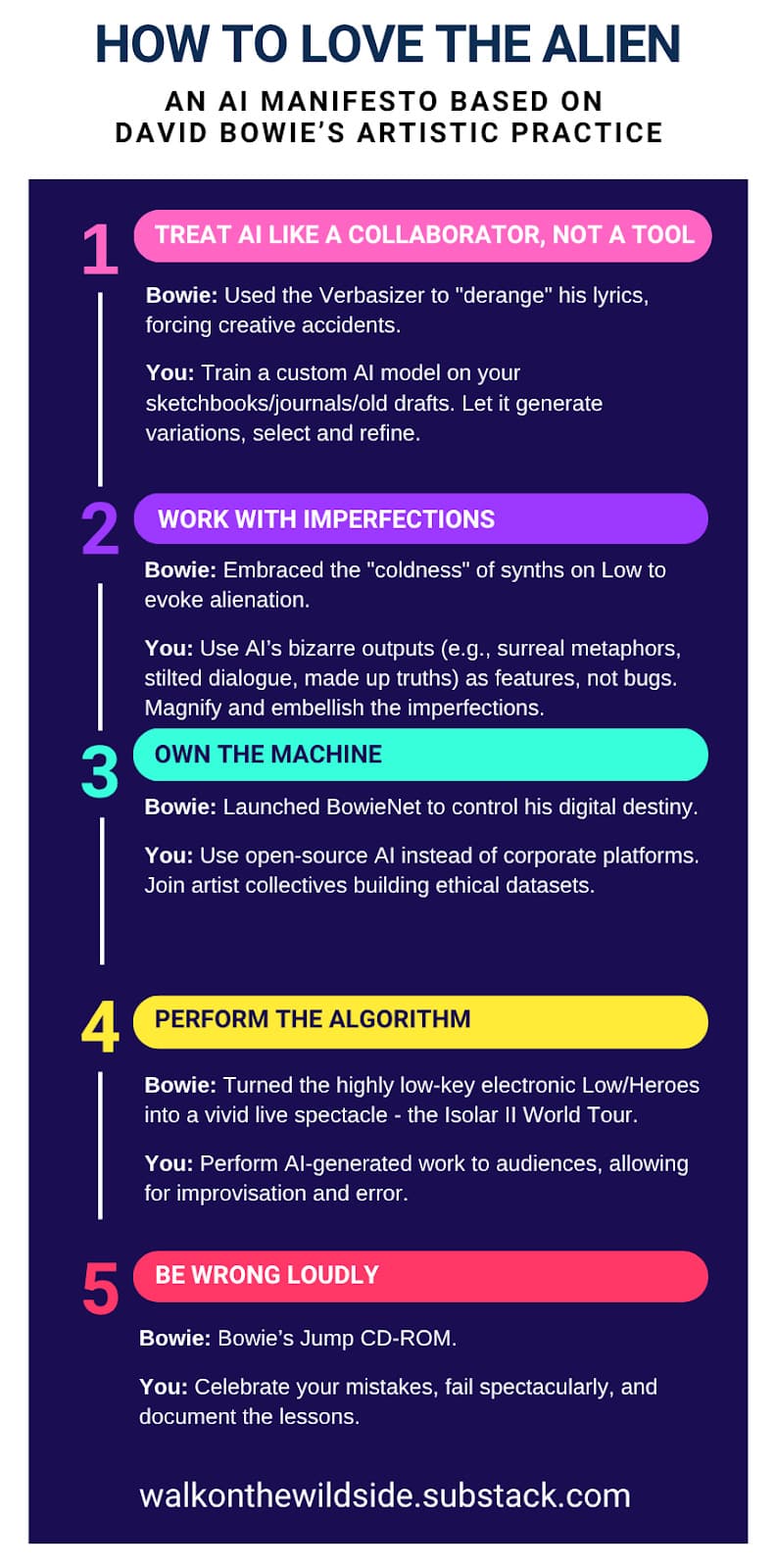AI-Generated David Bowie Cryptography Explainer Sparks Debate on Digital Legacy and Creator Rights

A recent social media post by @prasincs.eth has ignited discussions about the innovative, yet ethically complex, application of advanced AI in education, proposing the use of OpenAI's Sora 2 to create a video of music icon David Bowie explaining cryptography concepts. The suggestion, explicitly made "with all due respect to Bowie family estate," highlights the burgeoning intersection of artificial intelligence, intellectual property, and the digital afterlife of deceased public figures.
OpenAI officially launched Sora 2 on September 30, 2025, introducing a state-of-the-art video and audio generation model. This iteration boasts significantly improved capabilities, including more accurate physics, sharper realism, synchronized audio, and enhanced steerability, making it possible to produce sophisticated soundscapes, speech, and sound effects. The model can generate complex scenes with multiple characters and maintain consistency across shots, aiming to simulate reality with high fidelity.
However, the use of AI to replicate deceased celebrities like David Bowie raises substantial legal and ethical questions regarding deepfakes and intellectual property. Celebrity estates, including those of Robin Williams and George Carlin, have voiced strong concerns and pursued legal action against unauthorized AI-generated content. These cases underscore the ongoing debate about "simulation rights" and the "right to be left dead," where families seek to control the digital likenesses and voices of their loved ones post-mortem.
The entertainment industry and legal experts are actively grappling with how to manage the intellectual property of deceased artists in the age of AI. Sora 2, by default, uses copyrighted material unless rights holders actively opt-out, a policy that has drawn criticism from organizations like the Motion Picture Association. OpenAI has indicated intentions to provide more granular control to copyright holders in future updates. The proposal to feature David Bowie, a figure whose estate meticulously manages his extensive legacy, brings these complex issues to the forefront, emphasizing the critical need for consent and clear legal frameworks in the evolving landscape of AI-generated content.